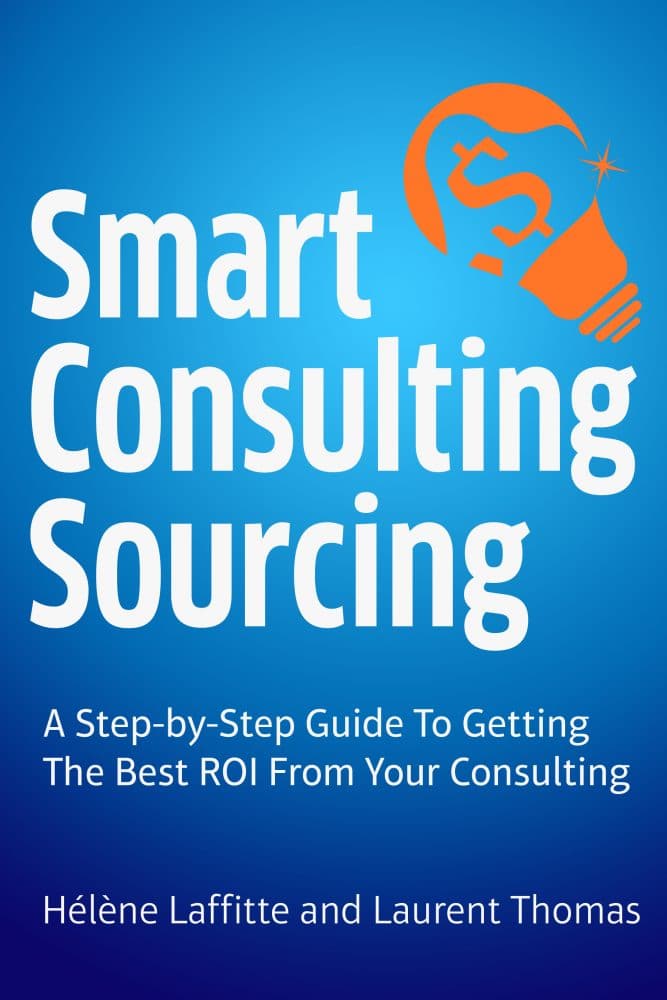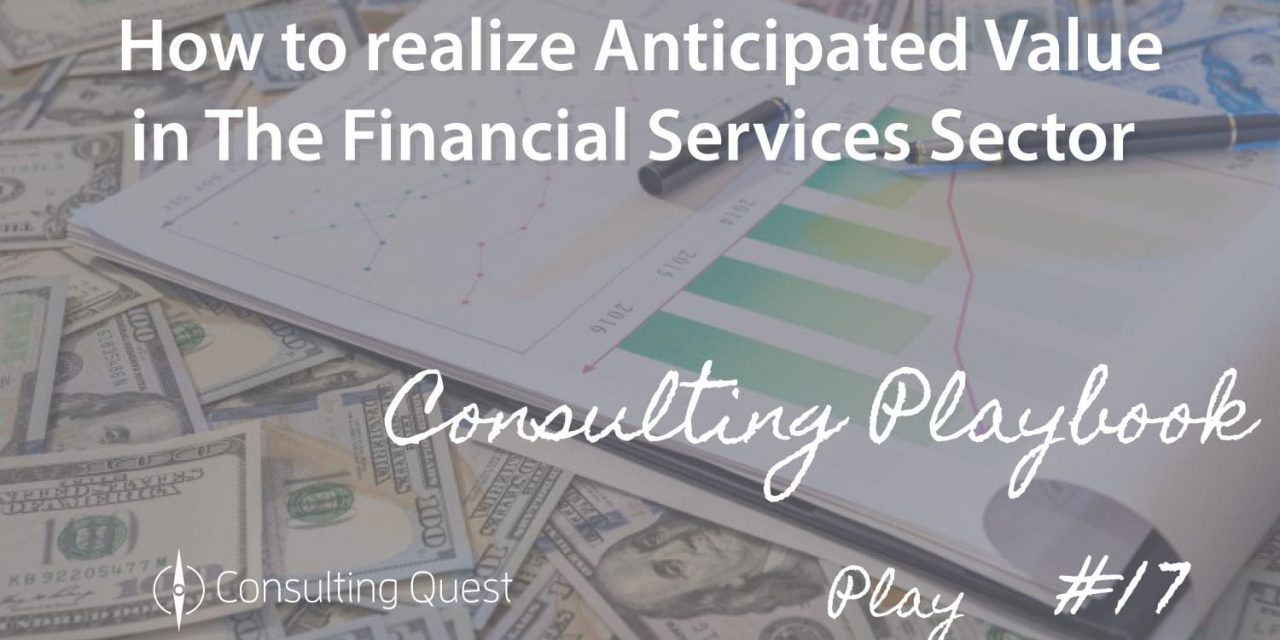
How People Shape the Consulting Market and Your Perspective Too
What we believe becomes our reality. According to psychology, this principle applies to almost everything. We see the world through our own lenses. Our brain is more focused on the familiar, the comfortable, which we perceive as positive, and it tries to avoid the unknown often dubbed as “negative”.
How People Shape the Consulting Market and Your Perspective – From Global to Niche Specific
You are pretty familiar with the idea of the “comfort zone,” and the effort needed to go beyond the routine and our “comfort zone.” Understanding the Consulting market globally poses similar challenges.
It’s necessary to get the “big picture” and know the niche markets as well. Every country differs in significant ways.
“You can talk to a leadership team in China, and they are all engineers. They get what’s going on immediately. The Americans don’t because they’re all lawyers.” – John Doerr
READ ALSO
Simplification goes a long way when drafting a Consulting agreement as well. However, you need to always consult with your Legal team first and foremost when drafting your agreement, but here are some great recommendations.
Sounds kind of funny, but there is truth in it.
How many Consulting Firms serving your industry can you name?
Having a good grasp of the supply market is key to get the best Sourcing outcomes, but when asked this question, most Executives cannot name more than 10 to 15 rather large companies.
And Procurement Executives don’t necessarily score better at that little game.
The Consulting Market is extremely diverse and complex, and there are several ways to look at it.
Let’s have a quick look at how the market is structured and how the economics for consulting professionals are functioning.
Understanding the Consulting Market’s Structure –
-
Vast Scale – The overall management consulting market is estimated at approximately $250 billion worldwide, with a CAGR of roughly 6%, clearly outpacing GDP in all countries. At this pace, the industry is expected to break the $300 billion by 2020.
-
Size of Consulting Companies – There are roughly 10,000 Consulting Firms globally, representing 250,000 consultants, without including the independent Consultants. As a rule, large Consulting Firms tend to be one-stop shops (offering all capabilities and industries in most geographic regions), while smaller companies are often focused on one or two dimensions only.
-
Richness and Diversity – Most Procurement Executives are looking at the market through the capability/industry lens. They know that one-stop shops such as Mc Kinsey, Bain & Company, Booz Allen, Big 4, and consorts can cover the full spectrum, and they identify a few other players focused on one capability or one industry. But there are other ways to look at the market.
-
Strategic and Operational Dimension – Another effective way to screen the market through the Strategic Operational dimension. Strategic Consulting is about high-level strategy, transformation, large organization projects, very often at the highest level of the Company, as opposed to more operational projects such as lean, team effectiveness, purchasing, etc.
-
Hard or Soft Approach to Capability – Sometimes, the same capability can be approached with either a Hard or a Soft angle. If we take as an example the org design capability, Hard would be org charts, job descriptions, processes, handbooks while Soft would be team alignment, culture, change management, and talent.
And many other dimensions can be used to screen the market: Strategy Players with a touch of digital vs. Digital Players with a zest of strategy, Global vs. Local, Blue Chips vs. SMEs, Diagnosis Experts vs. Implementation Specialists, etc.
The great news is –
Consulting Firms are rarely present on the whole spectrum for one dimension, even the large ones, but the odds are quite high that whatever your problem is, there is a Consulting Firm focused on it.
-
People make all the difference – as surprising as it may sound, identifying a Consulting Firm with the right expertise only gets you half-way there.
-
Consulting is a human-to-human service, and consultants are not commodities. To better source a project, executives need to understand who the people are behind the Consulting Firms and to assess the fit with your Company’s context and culture.
-
The background of consultants can be essential to understand the type of projects they can work on. Life-long consultants, for instance, will bring you perspective and benchmark, while former executives can bring you hands-on experience.
If you want to accelerate the execution of a project and mobilize a significant amount of resources in a top-down fashion (post-merger integration, for instance), large firms with their pyramidal organization and their structured processes and methodologies can be the right fit.
If you want to align and embark your management team on a disruptive transformation, you may want to leverage the expertise and seniority of a boutique firm that can customize on the fly their methodology to maximize appropriation.
How to find the right match for you and your specific case?
-
Evaluate the Consulting Company on all dimensions
-
Understand their range of projects
-
Pinpoint where their value lies
-
Assess their proposal with reasonable expectations
Using the above will ultimately allow you to source the best consulting firm for your project and maximize the chances of success.
Consulting sourcing tips

How to negotiate framework agreements for consulting to your advantage?
How to negotiate framework agreements for consulting to your advantage?

Make-or-buy for consulting services 101
Make-or-buy for consulting services 101

How to Hone to Perfection Your Consultant Selection with Our Top 5 List of Attributes
You are moving forward with the project and close to making a final selection of your Consulting provider. Based on the proposal assessment described in one of our previous articles, you should now have a good sense of what the Consultant can do for you, on paper.
Previous Weeks’ issues

Holiday Season Reflections: Top Themes in Consulting 2024 | This Week in Consulting
In this edition of this week in consulting, we embrace the holiday season by reflecting on 2024’s key trends like generative AI, sustainability, and social impact.

The Changing Tide of International Trade | This Week in Consulting
In this edition of This Week in Consulting, we explore how regions contribute to global trade, the challenges they face, and the opportunities to adapt amid shifting geopolitics and policies.

Digital Transformation Decoded: Challenges, Insights, and Opportunities | This Week in Consulting
In this edition of This Week in Consulting, we delve deep into the challenges and opportunities of digital transformation across industries, offering insights to strategize, adapt, and lead.
Choose the best next step for you
Buy the Book

Talk to us
Hélène Laffitte is the CEO of Consulting Quest, a Global Performance-Driven Consulting Platform and author of “Smart Consulting Sourcing”, a step by step guide to getting the best ROI from your consulting. With a blend of experience in Procurement and Consulting, Hélène is passionate about helping Companies create more value through Consulting.





